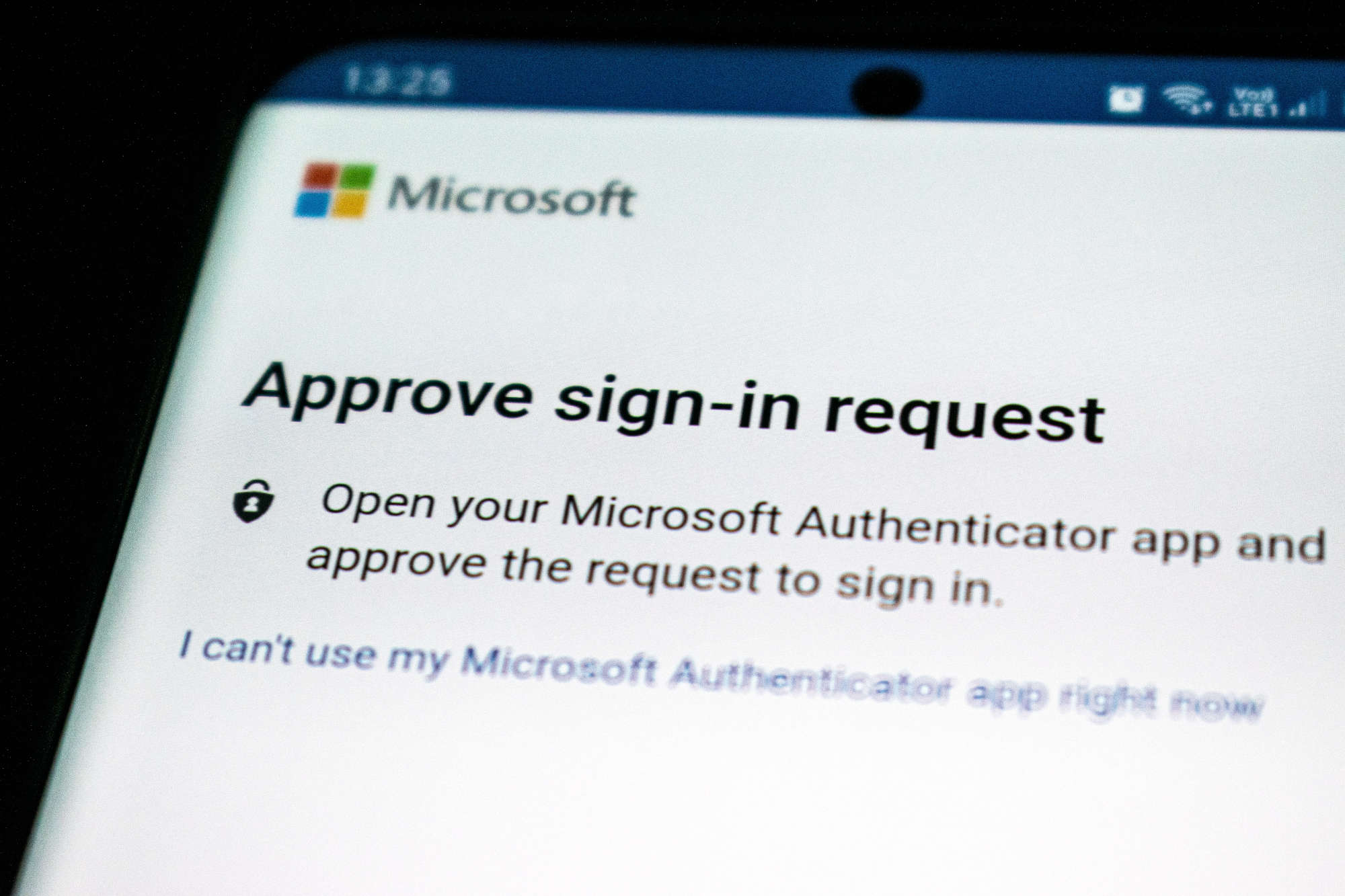An API, or Application Programming Interface, is a set of protocols or rules that allow different software applications to communicate with each other. APIs define the methods and data formats that applications can use to request and exchange information.
APIs are essential for numerous reasons, including their roles in:
Interoperability: APIs enable different software applications, even those built with different programming languages or running on different platforms, to interact and share data. This interoperability forms the basis of many digital services we use today, from social media platforms to online banking.
Efficiency: APIs provide a standard method to access the functionality of a software component, removing the need to understand or modify the underlying code. This standardization facilitates the development and expansion of software applications.
Data Sharing: APIs are instrumental in data sharing between different software applications. They allow applications to request and retrieve data from each other in a standardized format, enabling seamless integration and interaction. This is particularly important for applications that rely on real-time data feeds or need to integrate with other software.
Integration: APIs enable the integration of disparate software systems. This is particularly crucial in the era of cloud computing and microservices, where a single application may rely on numerous different services.
Innovation: By exposing functionality in a structured way, APIs empower developers to build new applications and services leveraging existing platforms. Many innovative digital services today, from mobile apps to AI-powered analytics, are built upon APIs.
Scalability: APIs allow for the distribution of services and resources, enabling software applications to scale effectively. This is critical in today’s digital economy, where the ability to handle large volumes of requests and data often determines success.
Given the critical role APIs play in modern software and data-driven development, understanding and implementing API security best practices is essential. If an API is not secure, it could potentially lead to data breaches, loss of service, or other serious implications.
Let’s review some of the most critical concerns for API security.
1. Inadequate Authentication and Authorization
Authentication and authorization are key to API security. Authentication verifies the identity of calling applications or users, while authorization ensures they only access the resources they are permitted to. However, weaknesses in these areas, such as insecure API keys, tokens, or credentials, can lead to unauthorized access and data breaches. To mitigate these risks, APIs should implement robust authentication methods like OAuth 2.0 and OpenID Connect, and utilize granular, role-based access control (RBAC).
2. Injection Attacks
APIs are a potential vector for injection attacks, including SQL injection, NoSQL injection, or Command injection attacks. Attackers may use these techniques to send malicious data as part of a command or query, tricking the API into executing unintended commands or exposing data. To defend against these, APIs must validate and sanitize all input data, and employ parameterized queries and prepared statements.
3. Insecure API Dependencies
APIs often depend on other software components or APIs. If these dependencies are insecure, the API itself becomes vulnerable. Regular security audits, using tools like OWASP Dependency-Check or Snyk, can help identify and patch any vulnerable dependencies.
4. Lack of Rate Limiting
Without proper rate limiting, APIs are vulnerable to DDoS (Distributed Denial of Service) attacks. These attacks involve an attacker making a large number of requests in a short period, potentially causing the API to crash or become unresponsive. Implementing rate limiting can help mitigate these attacks by limiting the number of requests a single client can make in a specified time.
5. Data Exposure
APIs must be designed to only provide the necessary data in response to requests. Over-exposure of data can lead to sensitive information being leaked. Implementing proper data filtering and function-level access control can help mitigate this risk.
6. Insecure Direct Object References (IDOR)
APIs often expose internal object references to clients. If these references are not properly authorized, they can be manipulated to gain unauthorized access to data. The use of indirect object references can help mitigate this risk.
7. Poor Error Handling
Inadequate error handling can reveal implementation details or sensitive information that could be exploited by an attacker. Implementing proper error handling and logging mechanisms, and ensuring error messages do not reveal sensitive information, can help mitigate this risk.
8. Lack of Encryption
Data transmitted via APIs should always be encrypted, both in transit and at rest. Encryption safeguards the data from interception and unauthorized access. Transport Layer Security (TLS) should be used to encrypt data in transit, while data at rest should be encrypted using strong encryption algorithms.
9. Insufficient Logging and Monitoring
Without proper logging and monitoring, it can be difficult to detect and respond to security incidents in a timely manner. Implementing comprehensive logging and monitoring, and utilizing a Security Information and Event Management (SIEM) system can help identify potential security incidents.
10. Missing Security Updates and Patches
Like any software, APIs can have vulnerabilities that are discovered over time. Regularly updating and patching APIs is critical to maintaining their security. Using automated tools to scan for and apply patches can help ensure that security updates are not missed.
11. Inadequate Testing
Testing APIs for potential security vulnerabilities is a crucial part of any security strategy. However, many organizations fall short in this area, either not testing their APIs thoroughly or not using the right tools and methodologies. To ensure all potential security issues are identified and addressed, APIs should be subject to rigorous testing using tools like OWASP ZAP or Postman. This includes both functional testing and security-specific testing, such as fuzzing and penetration testing.
12. Ignoring Security in API Design
Security is often an afterthought in the API design process, which can lead to serious vulnerabilities. A more effective approach is to integrate security considerations into the API design from the beginning – a strategy often referred to as “security by design”. This involves considering potential threats and vulnerabilities at each stage of the design and development process, and building in appropriate security measures.
13. Inadequate API Versioning
API versioning is important for maintaining compatibility with client applications, but it can also have security implications. If older versions of an API are not properly deprecated and maintained, they may contain security vulnerabilities that can be exploited. Implementing a robust API versioning strategy can help to address this issue.
14. Misconfigured CORS
Cross-Origin Resource Sharing (CORS) is a mechanism that allows many resources (e.g., fonts, JavaScript, etc.) on a web page to be requested from another domain outside the domain from which the resource originated. Misconfigured CORS can expose the API to Cross-Site Scripting (XSS) and other injection attacks. Therefore, it’s essential to have a proper understanding of CORS settings, and configure them appropriately to prevent unauthorized access or attacks.
15. Neglecting the Principle of Least Privilege
The principle of least privilege (PoLP) states that every module (such as a process, a user, or a program) must be able to access only the information and resources necessary for its legitimate purpose. This principle should be applied to API access control, ensuring that applications, developers, and end users can only perform actions and access resources that are necessary for their function.
Learn More
The Sakura Sky security team can help you navigate these challenges. From assisting with the design and development of secure APIs, to performing security audits and providing ongoing monitoring and support, we have the expertise to ensure your APIs are not just functional, but secure.
Contact us to learn more about how we can assist your organization in maintaining the highest level of API security.








